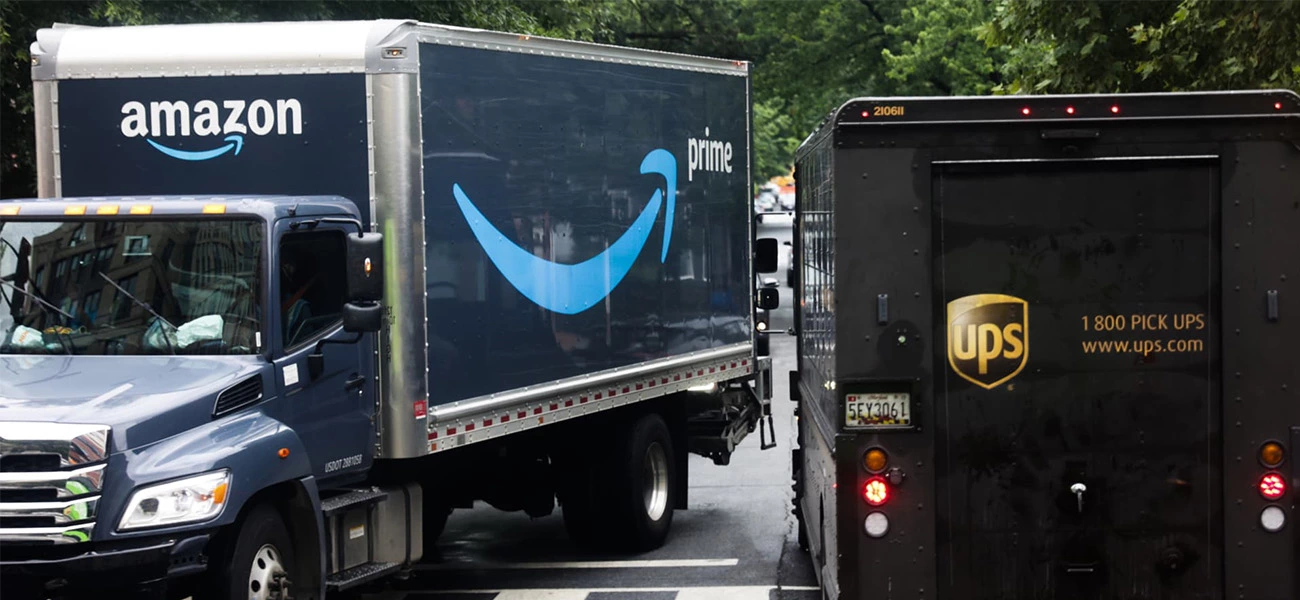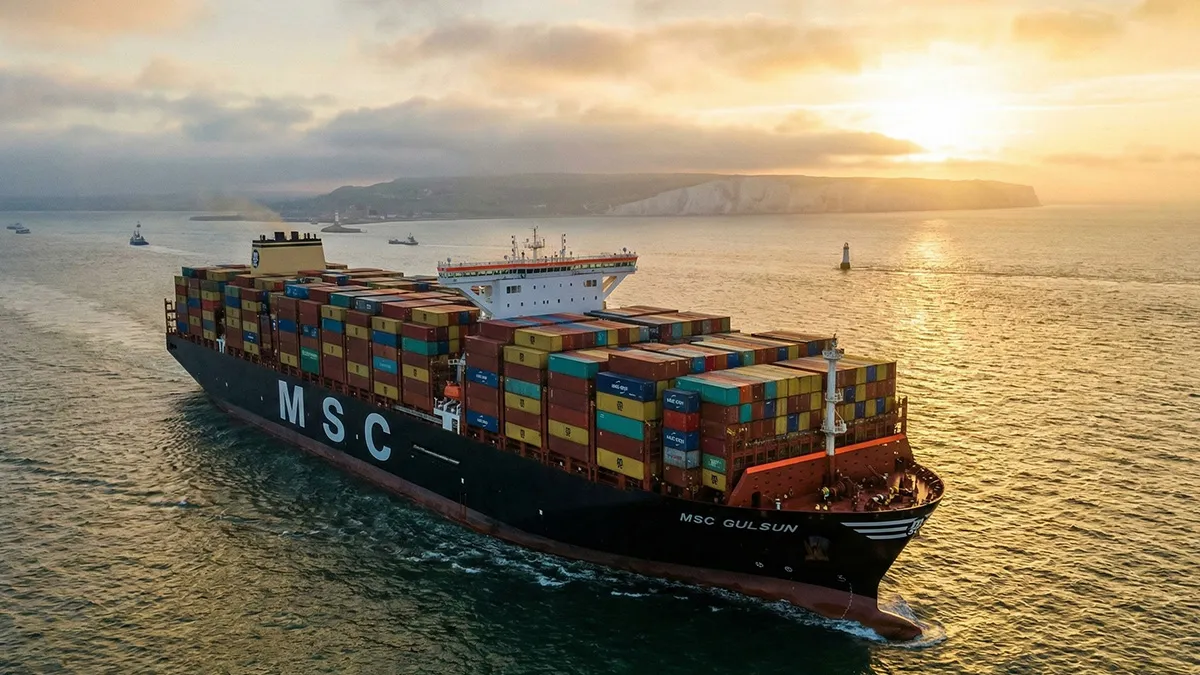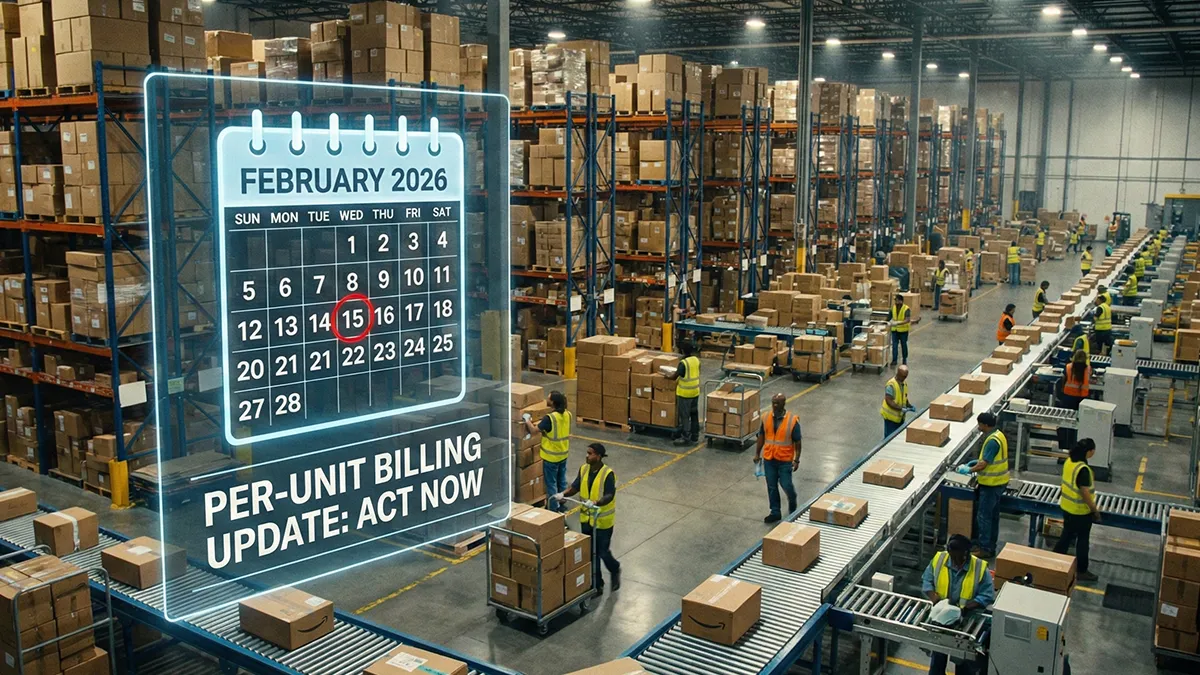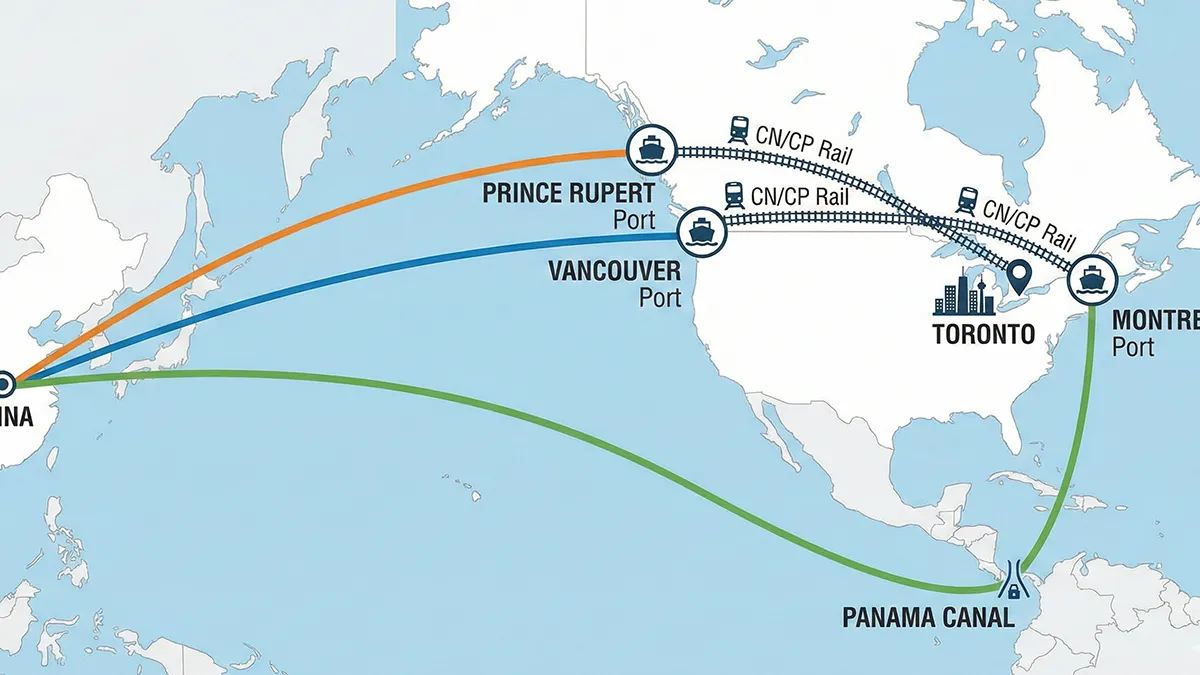UPS & Amazon Delivery Changes 2026: A Guide for FBA Sellers
A major shift is underway in the e-commerce world. By 2026, UPS plans to significantly reduce its delivery volume for Amazon, a move that signals a profound change in the relationship between two of logistics' biggest players. This strategic pivot is driven by evolving business priorities, rising cost pressures, and the formidable growth of Amazon’s own delivery network.
For sellers, especially those who rely on Amazon's FBA program, this news raises critical questions about shipping costs, reliability, and the future of their logistics strategy. This guide will break down why this is happening and how Zbao logistics can help your business navigate this change.

Why Is UPS Changing Its Relationship with Amazon?
This decision isn't sudden; it's the result of several converging industry trends.
1. The Profitability Puzzle At its core, UPS's decision is about profitability. Handling Amazon's massive shipment volume often meant accepting thin profit margins due to the volume-based discounts Amazon commands. With rising labor and fuel costs, these low-margin deliveries no longer align with UPS's long-term financial strategy. UPS is now shifting its focus to more profitable clients, such as small and mid-sized businesses, that offer a better return on each package shipped.
2. Amazon's Rise as a Logistics Giant A key factor in this change is the rapid expansion of Amazon’s own in-house logistics network. With its branded delivery vans, regional fulfillment centers, and a growing air fleet, Amazon has built a delivery infrastructure that rivals traditional carriers. This self-reliance has naturally reduced its dependency on external partners like UPS, as Amazon can now handle more of its own deliveries to control costs and the end-to-end customer experience.
3. Peak Season Pressures Holiday peak seasons have often created logistical strain for both companies. Managing the surge in Amazon's volume put enormous pressure on UPS's infrastructure, driving up costs and creating operational challenges. By reducing its Amazon volume, UPS can better allocate its resources during these critical periods, focusing on more controllable and profitable workflows.
What This Means for Your Amazon FBA Business
The news that UPS is scaling back its Amazon deliveries has real-world implications for FBA sellers.
- A Less Diverse Carrier Mix: Increased reliance on Amazon’s internal network may offer speed in some areas but also introduces risks. Sellers will have less flexibility and choice in carriers, potentially leading to less transparent shipping costs.
- Potential Service Gaps: In regions where UPS has a stronger infrastructure than Amazon, sellers might see changes in delivery times or service availability.
- Uncertainty Around FBA Returns: It remains unclear how this will affect the convenient "UPS store Amazon returns" program. Amazon may shift these services to its own logistics network or other partners, which could alter the return workflow for customers and sellers.
How Zbao logistics Can Help You Adapt and Thrive
As the delivery landscape becomes more fragmented, having an agile logistics partner is more important than ever. At Zbao logistics, we specialize in helping businesses navigate these changes with flexible, tech-enabled solutions.
We can help you build a more resilient fulfillment strategy by diversifying your logistics partners and re-evaluating your supply chain. We believe this shift away from legacy partnerships presents an opportunity for businesses to create stronger, more adaptable fulfillment models for the future.
By partnering with Zbao logistics, you can turn this disruption into an opportunity to build a more robust and future-proof business.


